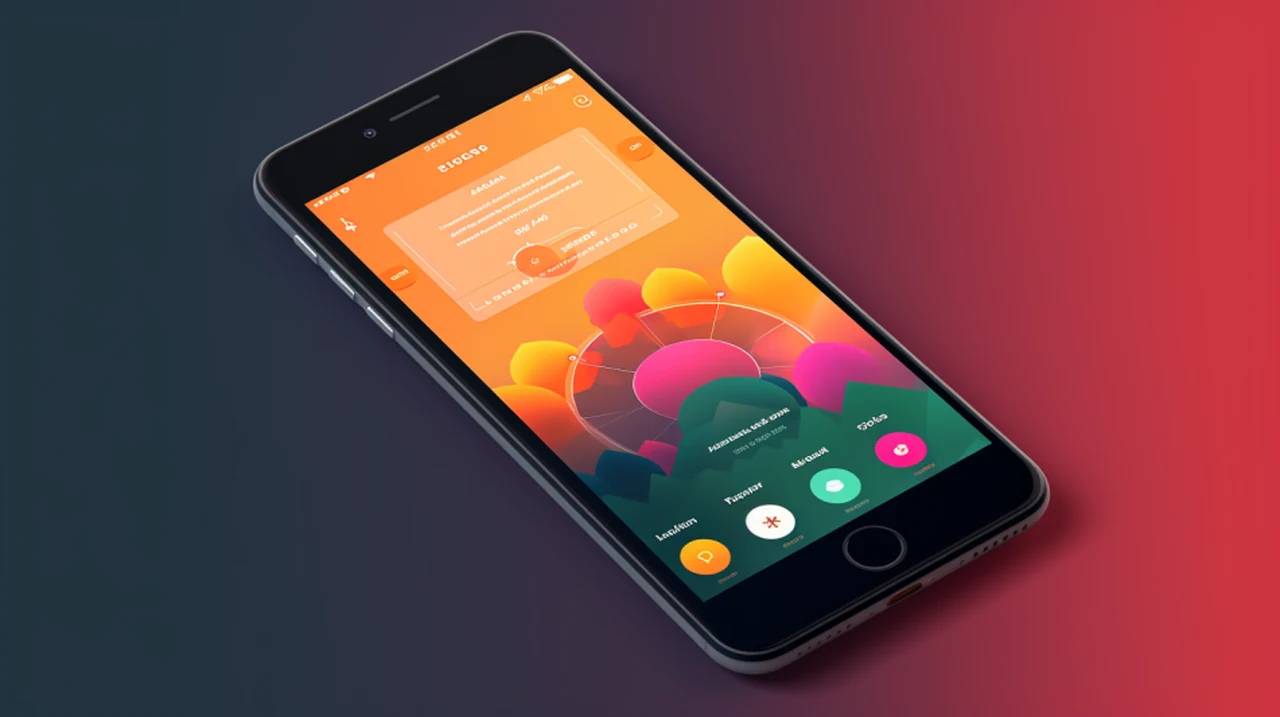
#Mental Health Apps provide a convenient and accessible way to manage your mental health. Apps like Betterhelp and Calm provide users with an outlet to discuss their feelings and better understand their emotions. Although these platforms may seem harmless, there are growing concerns about how these apps can compromise users' personal data.
Private Internet Access discusses the dangers of using mental health apps and reveals how a host of mental health apps collect user data. Research shows that more than 80% of tested apps collect user data without disclosing what that data is used for.
Given the rapid growth of the global mental health app market, the collection of personal data by mental health apps is a growing concern. The global mental health apps market is worth a staggering $500 million in 2022 and is expected to soar to $1.7 billion by 2 years. This massive market expansion highlights the importance of understanding how these applications collect and exploit personal data.
Mental Health Apps collect a variety of data, including your personal information. This includes your name, email address and date of birth. Most worryingly, however, these apps can also track your medical and health data, such as your mood, sleep schedule, and possibly even your anxiety levels. In addition, they can often track your device usage and behavioral data, such as how often you interact with the application and your location.

This data is valuable to application developers and third parties because it can be used to personalize advertising, develop new products and services, and conduct research. However, it is important to note that when using mental health apps, you may not be aware of or consent to the full extent of data collection. After all, how many of us actually read the terms and conditions when signing up for an app or service?
Many mental health apps share your data with third parties, such as their developers and advertisers. In their defense, these companies do this so they can provide users with a better experience. By tracking user habits, app developers can understand how their apps are being used and identify any issues in the apps.
While it may be acceptable to collect a certain amount of data, users are most concerned that this data sharing and collection may occur without their knowledge or consent. For example, a mental health app that helps you track your mood might share your data with an advertising company that targets ads for antidepressants. Or a mental health app that helps you manage your anxiety might share your data with a data broker who sells your information to insurance companies. This is a serious invasion of privacy.
First, it is important to research the app thoroughly before downloading it.
Look for reviews, information about the app's privacy policy, and any news articles or reports about the app's security. If you can't find any information about an app's security or privacy practices, it's best to err on the side of caution and avoid using the app.
When you download a mental health app, please read the privacy policy carefully. Make sure you understand what data your app collects, how it is used, and how it is stored. If the app collects more data than you're willing to share, consider using another app.
Another key step to protect yourself from a data breach is to use strong and unique passwords for your applications. Avoid using the same password for multiple apps or using passwords that are easy to guess. It's also a good idea to enable two-factor authentication for your application (if available). This requires a code and password to log in, adding an extra layer of security. If someone else tries to log into your account, they will need a code to do so.
The above is the detailed content of How mental health apps disclose your personal data without authorization. For more information, please follow other related articles on the PHP Chinese website!
 How to bind data in dropdownlist
How to bind data in dropdownlist
 What programs can be developed with php
What programs can be developed with php
 How to solve the problem that wlan does not have a valid ip configuration
How to solve the problem that wlan does not have a valid ip configuration
 linux view system information
linux view system information
 What are the network security technologies?
What are the network security technologies?
 How to modify the text on the picture
How to modify the text on the picture
 What are the dos commands?
What are the dos commands?
 what does usb interface mean
what does usb interface mean




